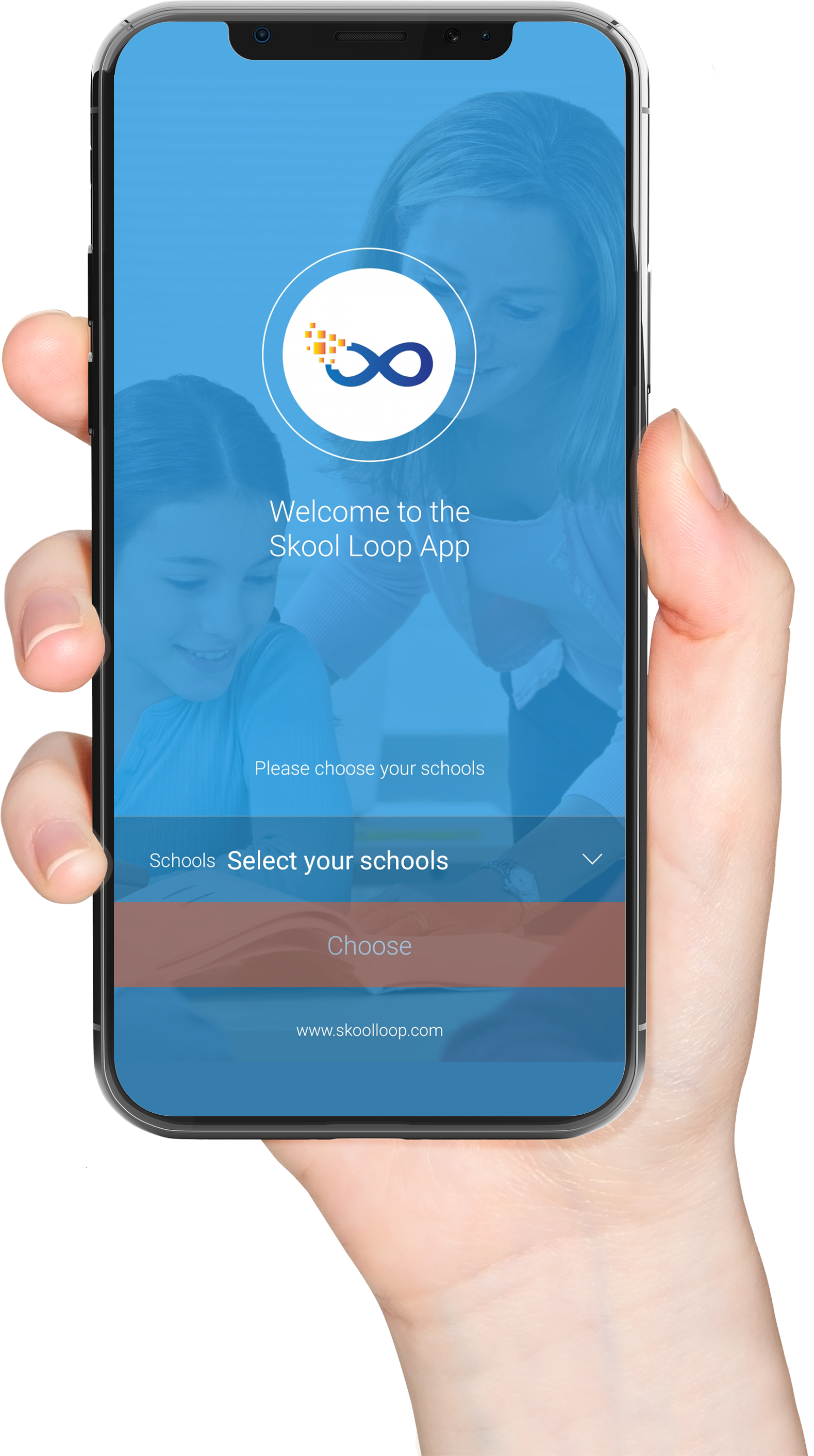
Glen Massey School

Glen Massey School
School Context Glen Massey School is a semi-rural, full primary school located in Ngaruawahia, catering for students in Years 1 to 8. It has a roll of 112 students, 37 of whom identify as Māori.
The school’s mission is to encourage students to become independent thinkers, functioning effectively in relationships and to be responsible for their personal development, learning and behaviour. The school values are currently stated as friendliness, objectivity, resilience, respect, loyalty, integrity, independence, fairness and empathy. These values are being revised as a result of recent community consultation.
Glen Massey School’s strategic goals for 2018 include to:
Recent professional learning for teachers has been focused on improving teaching and assessing mathematics.
Leaders and teachers regularly report to the board, school-wide information about outcomes for students in the following areas:
A new principal joined the school at the start of 2018 and the board chairperson is new to the role this year.
Evaluation Findings
1. Equity and excellence – achievement of valued outcomes for students1.1 How well is the school achieving equitable and excellent outcomes for all its students? The school is achieving excellent outcomes for some students but is not achieving equitable outcomes for all. There is continuing disparity for Māori and boys.
The school’s achievement data since 2015 shows that most students achieve at or above expected national curriculum levels in reading and the large majority achieve at or above expected national curriculum levels in writing and mathematics.
Māori students achieve less well than their Pākehā peers, with disparity in writing and significant disparity in reading and mathematics. The level of disparity in writing and mathematics has decreased over time.
The disparity between boys’ and girls’ achievement in reading has decreased over time. However, the significant disparity in writing remains, where girls continue to out perform boys.
1.2 How well is the school accelerating learning for those Māori and other students who need this? The school is able to show acceleration for some students who need this. However, the school’s data for 2017 to 2018 shows that there is not yet sufficient acceleration of those Māori students who are at-risk of underperforming. Approximately one third of Māori students whose learning is at risk made accelerated progress in reading and mathematics. The achievement data for writing shows that Māori students who require acceleration did not make sufficient progress.
In reading and mathematics, the school can show effective acceleration of boys whose learning is at risk. However, the achievement data for writing shows that few boys whose learning requires acceleration made sufficient progress.
This data collation and analysis was done when ERO was onsite.
2. School conditions for equity and excellence – processes and practices2.1 What school processes and practices are effective in enabling achievement of equity and excellence, and acceleration of learning? The school’s curriculum is broad and inclusive. The curriculum includes learning experiences that cater for a range of interests and encourage opportunities for student leadership. Tikanga and te reo Māori lessons are a part of the weekly programme for all students. Children with additional learning and health needs are well-integrated and supported by an inclusive learning culture.
Students learn in a settled and safe environment. Relationships between students and teachers are positive, and students support one another inside and outside the classroom. Parents have opportunities to be actively involved in school life and their children’s learning. Trustees have recently consulted with the school’s community as part of a curriculum review, and parents feel that staff are responsive and approachable.
Leadership prioritises student learning. The recently appointed principal has communicated a clear direction for the school with a focus on teaching and learning. Leaders understand and articulate the need to target all students who are achieving below and well below national curriculum expectations. A standardised, school-wide process has been developed and implemented to monitor students whose learning is at-risk. This has established a sense of shared responsibility for the progress of these students. Leadership is beginning to build staff capability through strategic decision-making about professional learning needs. Teacher appraisal processes have been reviewed and strengthened, including the introduction of teaching-as-inquiry practices.
2.2 What further developments are needed in school processes and practices for achievement of equity and excellence, and acceleration of learning? A school-wide approach to the acceleration of at-risk learners needs strengthening. In order to respond effectively to priority learners, trustees and staff need to develop their understanding of acceleration. The collation, analysis and scrutiny of data needs to be occurring at all levels of the school.
Internal evaluation to understand the impact of teaching strategies and targeted interventions needs to be undertaken at all levels of the school. This includes ensuring that teaching-as-inquiry is robust and enables teachers to understand how effectively their teaching practice is improving outcomes for at-risk learners.
Leaders need to continue to build staff capability. Teaching practice focused on responding effectively to at-risk learners and increasing student agency needs strengthening. Formative assessment practice, including further development and use of the school’s learning progressions framework, needs to be effectively and consistently used to support students’ understanding of their learning and next steps.
3. Board assurance on legal requirements Before the review, the board and principal of the school completed the ERO board assurance statement and self-audit checklists. In these documents they attested that they had taken all reasonable steps to meet their legislative obligations related to the following:
During the review, ERO checked the following items because they have a potentially high impact on student safety and wellbeing:
4. Going forward Key strengths of the school For sustained improvement and future learner success, the school can draw on existing strengths in:
Next steps For sustained improvement and future learner success, priorities for further development are in:
ERO’s next external evaluation process and timing ERO is likely to carry out the next external evaluation in three years.
Phil Cowie
Director Review and Improvement Services
Central Region
14 December 2018
Parents, please support our local businesses





Call Direct
Visit Website

Call Direct
Send Email
Visit Website

Call Direct
Send Email
Visit Website

Call Direct
Send Email
Visit Website

Scan this code to download the app
Download our Skool Loop App, a simple and free download. In Google Play & App Store search ‘Skool Loop’ and choose our school once installed.
